La Beca FLTA (Foreign Language Teaching Assistant Program) ofrece la oportunidad de vivir en universidades de los EE.UU. durante 9 meses para estudiar, impartir clases y asistir a profesores de español dentro del campus universitario.
Dirigida a: Docentes entre los 21 y los 29 años de edad que estén interesados en enseñar español a nivel básico e intermedio, trabajar como asistente de docente en el departamento de español, ayudar a desarrollar estrategias de adquisición de la lengua, vivir dentro del campus universitario y tomar al menos dos cursos universitarios por semestre. Los becarios FLTA serán elegibles para la Beca Fulbright de Postgrado, pero deben comprometerse a residir en Uruguay por al menos 2 años posteriores a terminar la beca en los EE.UU.
Beneficios de la beca
Colocación en universidades de los EE.UU.
Dos cursos sin costo en la universidad, alojamiento, alimentación, y salario como pago por las actividades docentes efectuadas.
Pasaje aéreo internacional, costo de la visa y seguro médico.
Curso de Orientación Previo a la Partida.
Seminario de Orientación en los EE.UU. antes del inicio del año académico.
Los becarios FLTA podrán postularse a su regreso a la Beca Fulbright de Estudios de Postgrado a fin de efectuar una Maestría en los EE.UU.
Perfil de candidato/a: Docente o profesor de inglés de enseñanza privada y/o pública; Ciudadanía uruguaya; Licenciatura o estudios equivalentes (Magisterio/Profesorado); Resultado de 80/550 en el TOEFL; Excelente promedio académico; Dos años de experiencia docente; Tener entre 21 y 29 años al momento de postularse; Preferentemente sin experiencia previa en los EEUU; Residir en Uruguay durante el proceso de postulación y de selección; Compromiso escrito de residencia en Uruguay por 2 años luego de terminar la beca.
Plazo: La Comisión Fulbright ha extendido el plazo para entregar el formulario postulación y documentos adicionales al jueves 10 de junio de 2010. Los candidatos seleccionados serán entrevistados antes de ser nominados oficialmente. Además del formulario llenado e impreso deberán presentar título o diploma, escolaridad, copia de C.I. o pasaporte, formulario m y 3 cartas de referencia.
PARA ACCEDER AL FORMULARIO DE POSTULACION ON LINE O PDF: http://www.flta.fulbrightonline.org/thinking_apply_now.html
Formulario Médico: http://flta.fulbrightonline.org/documents/FLTA_Medical_Form.pdf
Fulbright Commission - Uruguay
Colonia 810 Office 703
Montevideo - 11100 - Uruguay
(+598 2) 9014160 - 9032031
www.fulbright.org.uy


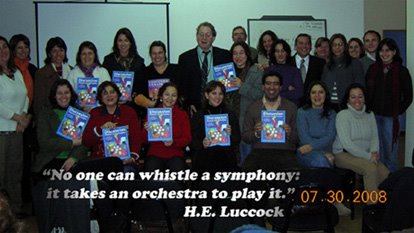

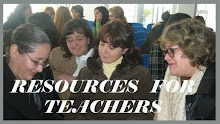



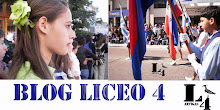







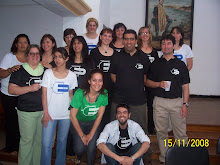







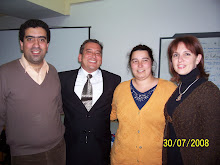

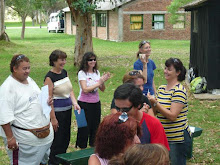


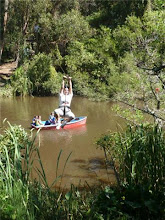
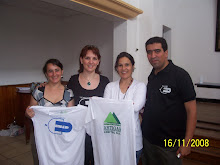

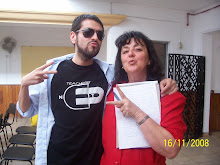


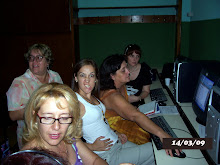

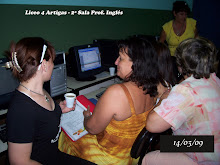

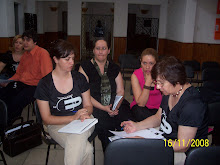
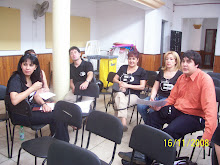

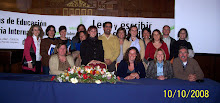


No hay comentarios:
Publicar un comentario